The second day at Concorto is just about to start, after yesterday’s opening night featuring COVID certificates, falafels, batarò (a typical bread from Piacenza), and visionary films.
The afternoon screenings will start today, this year at the Palazzo XLN (via Santa Franca 36) at 6 pm, with the first shorts of the Back to Black focus, dedicated to Afro-descendant cinematography following the Black Lives Matter movement.
We wait for you at Parco Raggio at 8:15 pm to have dinner in the Boschetto and at 9 pm for the screenings. Something exciting is waiting for you after the screenings as well: at 11:30 pm at the Greenhouse there will be the first shorts of the EFA focus, while in the well-known Boschetto Bea Zanin & Davide Vizio will be playing live.
À plus!
Lune – Zoé Pelchat
As seen by Irene Pagano
Babz is a shy, lonely woman working as a cook in a diner when she is struck by a regular costumer, mr. Ayoush, and his kind, soft gaze. Struggling to reconcile her past as a convict and her expectations for a fresh start and a comfortable, satisfying existence, Babz reaffirms her self-worth through a mantra from the moment she wakes up to the one she falls asleep: she deserves the Moon. If she really manages to convince herself that she does, unexpected paths might open up in front of her, revealing chances that she might instead miss, were she to keep on averting her eyes from what her life could actually become like.
“Lune” by Zoé Pelchat tells its story through naturalistic dialogue and lovable, familiar characters. As the protagonist handles her chores, jokes with her co-worker and tries to fit in by attending parties and masking her social awkwardness and feelings of anxiety, the viewer can’t help but root for her and, just like a good friend, cheer her on. Wash your face, comb your hair, don’t try to look perfect (nobody will believe you are anyway): you deserve a chance at being happy, just like everybody else does. There’s never enough time for you to waste on thinking you don’t.
Dom w skorupce – Renata Gasiorowska
As seen by Vanessa Mangiavacca
Known for the famous Cipka, Polish director and animator Renata Gąsiorowska made the short movie Dom w skorupce (Home in a shell) during the lockdown (Italian premiere at Concorto Film Festival!). It only takes a few minutes to strike up an extrovert and not banal reflection about the change of our habits during the pandemic year, the bubbles, or better, the shells that we built.
It is reassuring to watch a live stream of chickens in a cage forced to move inside the four grids of a henhouse and act like you. Persuaded to be free and superior, humankind ends up finding out to be the most domesticated of animals: by vices, claustrophobic habits and mental laziness. By the increasing number of screens and unnatural lights. Awereness pushes her to get out of the shell and spread her wings.
Who, what and when? – Francesco Vecchi
As seen by Vanessa Mangiavacca
Who, What and When?, world premiere at Concorto 2021, is Francesco Vecchi’s latest short movie, the animation director who attended the competition for the first time in 2015 with his work La flèche delta (and the following year with Arco e Frecce). The fantastic and fairy tones that characterise his creations are here covered by dark and heavy tints – like in an everlasting night – and expressionistic brushstrokes: the oneiric element disappear to make room to the political domain of a specific country: Egypt, in a symbolic trip that goes through his terrible social situation ending in Italy, with Patrick Zacki’s story.
The comic traits don’t make the reality less cruel but they rather amplify the oppression of which women and those who works for freedom of speech – journalists, photographs, activists – are victims, with the most actual references. The animation technique goes out of its established borders (as in Esther Niemeier’s Adda in 2019) and becomes a way to explicitly report and protest.
Who, What and When? points a finger at the Italian government inefficiency and with its documentary style reminds us of the power of cinema: to speak the truth.
Still Processing – Sophy Romvari
as seen by Vanessa Mangiavacca
But I continue moving ahead, slowly, moving ahead, and some glimpses of happiness and beauty come my way. – Jonas Mekas
Loss and mourning are often recurring themes in many short works, as if the filmmakers themselves were looking for a sort of therapy through the camera, observing themselves from the inside and then re-observing themselves from the outside. It is a retrospective process that is still in progress (but for how long?) as the title of Sophy Romvari’s work, Still processing, confirms. A box of photographs brings to light a silent and ever-present spiral of pain: the Canadian director manages to transform into images through moments of the everyday life the torment and emotional panic caused by the death of two brothers. Reality falls silent and the only remaining sound is a background buzzing: it is the thoughts whispering, a monologue locked inside the head that becomes an invading, irrational and untamable magma. It is with images, both static – photographs, positives and negatives – and filmed – home videos of childhood – that the director works, creating an almost material relationship with them, an analysis and then a dialogue, in a sort of letter written within the walls of a darkroom.
Polka-dot boy – Sarina Nihei
as seen by Sofia Brugali
In Polka–dot Boy, Sarina Nihei shows that seven minutes are more than enough to create a complex and suspenseful plot, made of strange diseases, abuses and secret sects. The short, animated thriller plays on the disturbing contrast between pastel tones and violent content, while the climax-like structure gradually blends the storylines of the various characters. A delivery boy full of polka dots on his arms, a girl whose legs suddenly stop to work, and a mysterious avenger are unconsciously linked by the same tragic past: they are the victims of a secret cult that conducts its dirty business through the local hospital.
Somleng Reatrey – Chanrado Sok
As seen by Yorgos Kostianis
Clickety-clack, clackety-clack goes the sound of the night.
Reverberating through the deserted, destitute streets of Pnom Penh as Vibol and his brother Kea roam in the dark on their motorized food stall cart, struggling to attract patrons who would buy their twopenny noodles.
From its very first shots, it is evident that the film strives to maintain an almost documentaristic gaze on the socioeconomic disparities plaguing Cambodia through the wanderings of the two brothers and their encounters; and in that very purpose lies its merit, yet also its limit.
The violent hooligans, the estranged sister turning a trick outside of KTVs to make a living, and even the penurious protagonists – while very realistic – feel more like an embodiment of the social conflict between morality and economic aspiration, devoid of a much-needed human sensibility.
The film draws the curtain with an almost rhetorical question: “how can you make you money?” as the brothers gaze at the high-rise buildings across the river, dreaming of another life, moments before their next shift.
Pa Vend – Samir Karahoda
As seen by Sofia Brugali
Pa Vend (Displaced) is the first Kosovar short film to compete for the Palme d’Or at the Cannes Film Festival. It tells the story of the ping-pong club “League of Prizren” in the aftermath of the war in Kosovo. Two professional players and their coach have only their tables and a strong commitment to sport: they keep moving, from shelter to shelter, in order to be able to keep training. Despite the skills of its members, the club can only count on their will to play. Their situation links to the broader historical context and recalls the many displaced people which flew the country because of the war and its effects: the same protagonists are migrants who after came back to Kosovo, one willingly, the other as a deportee.
God’s daughter dances – Sungbin Byun
As seen by Margherita Fontana
In South Korea, Shin-Mi is the most acclaimed transgender dancer in the club where she performs. Her stage performance is an emotional exorcism of the violence she suffered from her father when she revealed her gender identity. Shi-Mi is called up for military service: a psychological and physical tug-of-war ensues with the slowness of the bureaucracy and the brutality of the medical and psychological investigation that the girl will have to undergo to prove who she is genuinely. Winner of the Audience Award at Clermont-Ferrand 2021, God’s Daughter Dances by Sungbin Byun is a brave and energetic tale, an ode, perhaps at times stereotypical, to the affirmation of one’s identity, rooted in the body as well as the mind, in the vigour of dance as well as in the intimacy of desire.


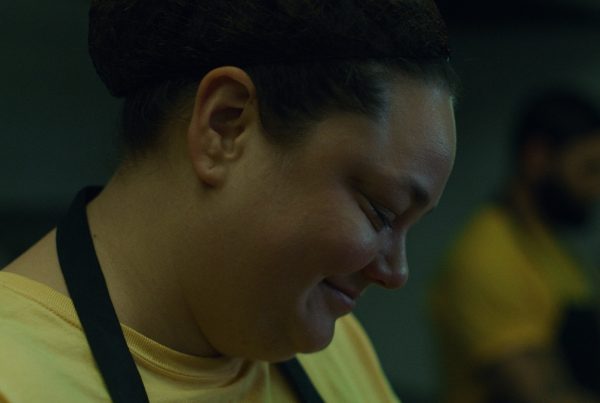
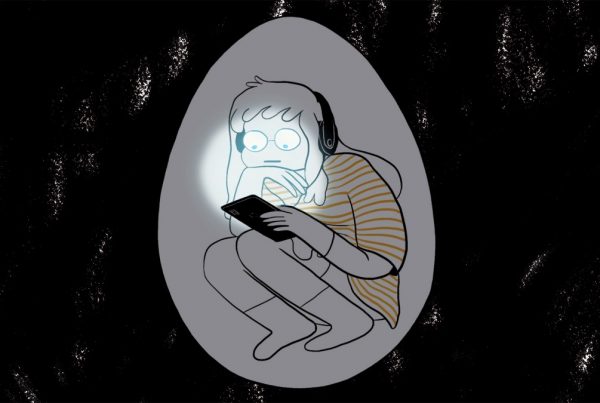
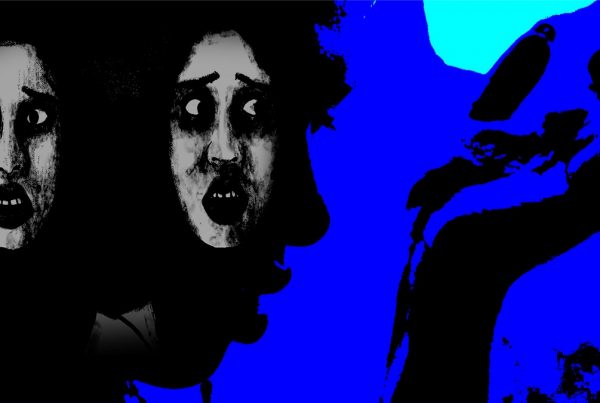
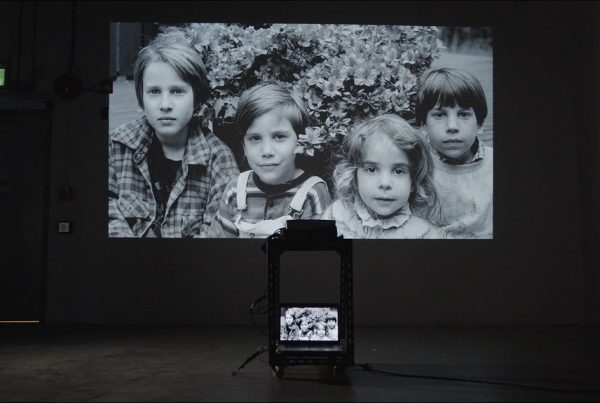
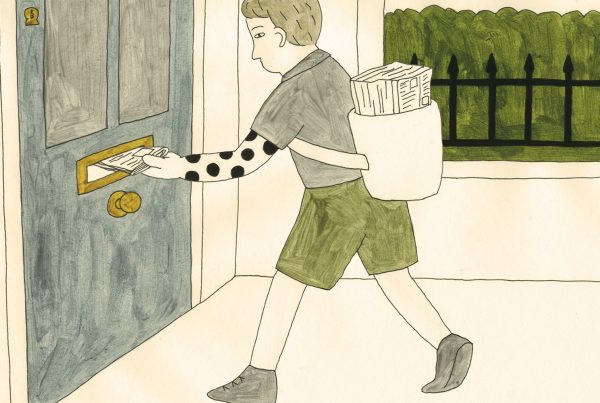
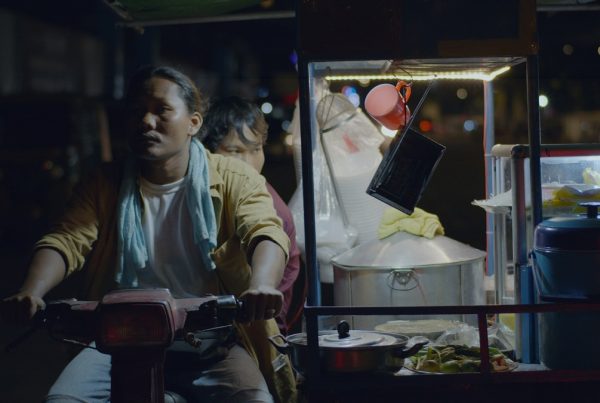
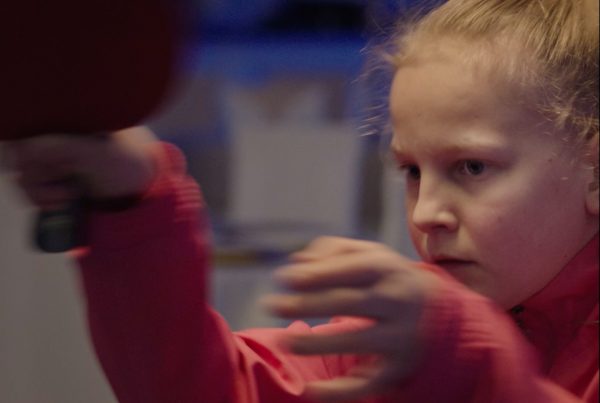
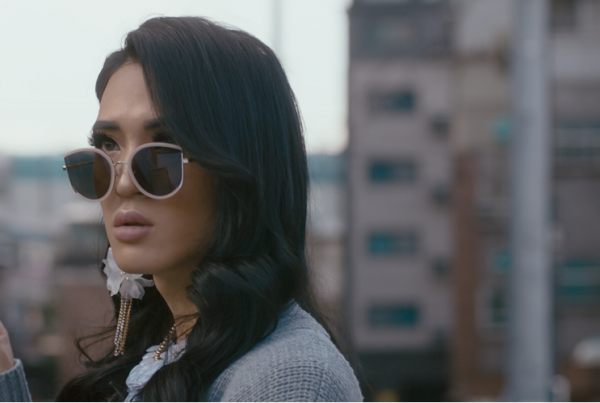






Commenti recenti